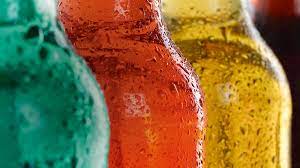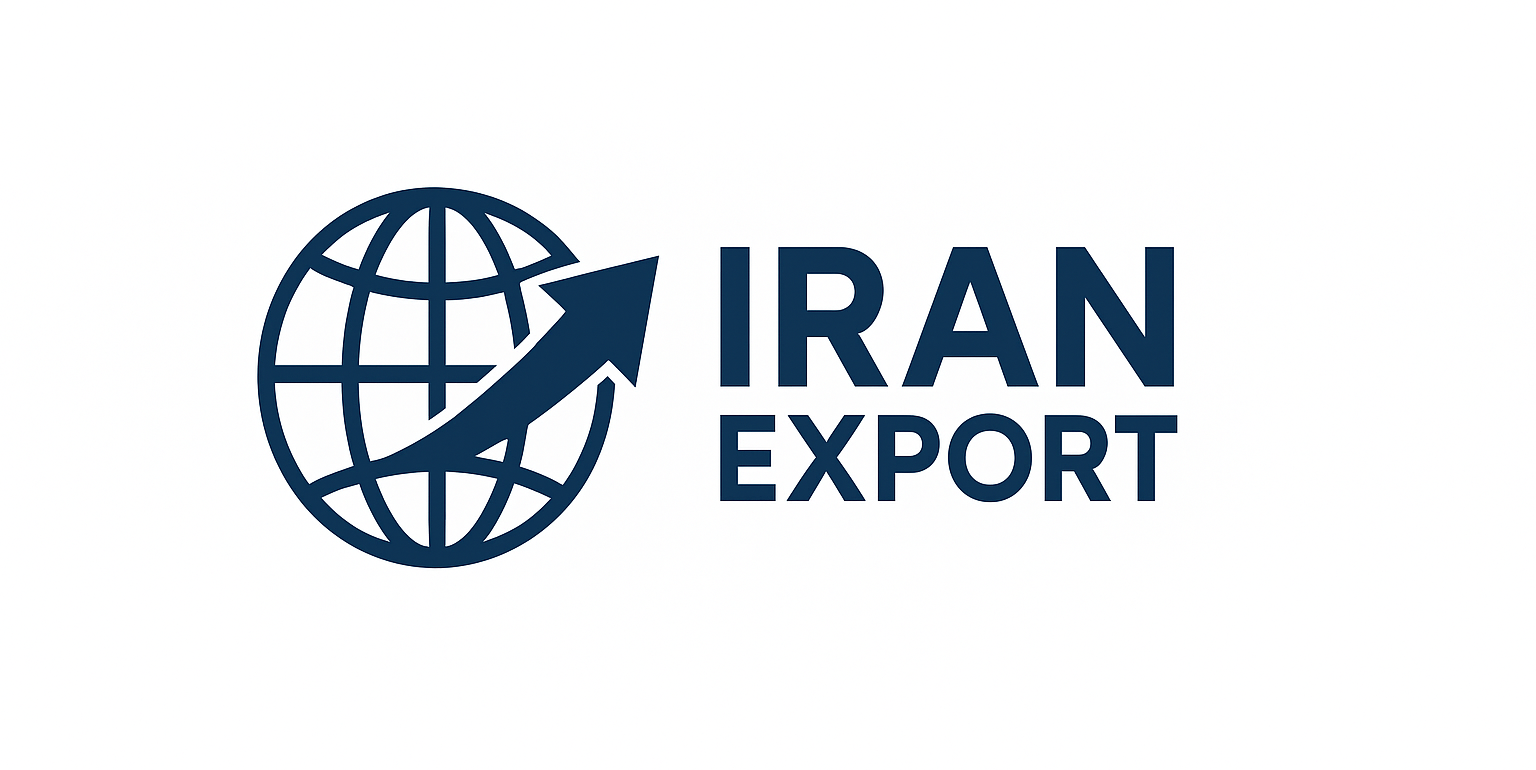
Beverage Industry in Iran: From Natural Juices to Energy Drinks
Introduction
The beverage industry in Iran is one of the fastest-growing segments of the country’s food and drink sector. With a young population, increasing urbanization, and shifting consumer lifestyles, demand for a wide variety of beverages has been on the rise. From traditional natural juices and herbal drinks to modern carbonated soft drinks and energy beverages, Iran’s market is adapting to both local tastes and global trends.
This article explores the technical capabilities, economic significance, export potential, and competitive advantages of Iran’s beverage industry while highlighting the opportunities it offers for international trade and investment.
Technical Strengths of Iran’s Beverage Industry
The beverage manufacturing sector in Iran has benefited from modern production technologies, advanced bottling facilities, and strict quality control systems. Many companies operate under ISO, HACCP, and Halal certifications, ensuring that their products meet both domestic and international standards.
Key product categories include:
-
Natural fruit juices and nectars made from locally sourced fruits such as pomegranates, apples, oranges, and berries.
-
Carbonated soft drinks produced by well-known Iranian and international brands.
-
Herbal and traditional drinks, including rosewater and plant-based syrups.
-
Bottled water and flavored waters, driven by rising health-conscious trends.
-
Energy drinks, an emerging category particularly popular among younger consumers.
The industry’s ability to integrate innovative packaging solutions—such as aseptic cartons, PET bottles, and eco-friendly materials—has improved shelf life, expanded distribution, and reduced environmental impact.
Economic Importance of the Beverage Sector
The Iranian beverage industry plays a vital role in supporting the national economy. It contributes significantly to:
-
Employment – Thousands of jobs are created across farming, processing, packaging, distribution, and retail.
-
Value addition – Converting raw agricultural products into juices, syrups, and bottled drinks increases economic returns compared to exporting raw fruits.
-
Domestic consumption – With a large and youthful population, beverage consumption is growing steadily, particularly in urban centers.
-
Industrial linkages – The sector stimulates growth in related industries such as agriculture, packaging, glass, plastics, and logistics.
In recent years, the beverage industry has become a pillar of Iran’s food and drink sector, showcasing the shift from traditional consumption patterns to modern, diversified choices.
Export Opportunities for Iranian Beverages
Iran’s strategic geographical location gives it access to major consumer markets in the Middle East, Central Asia, and even Europe. Beverages such as pomegranate juice, rosewater, herbal syrups, and bottled water have gained popularity in global markets, where demand for natural, Halal-certified, and authentic products is increasing.
Key export destinations include:
-
Iraq and Afghanistan, where Iranian brands already have strong market penetration.
-
Central Asia, particularly Kazakhstan, Turkmenistan, and Uzbekistan, with growing middle-class consumers.
-
The Gulf region (UAE, Oman, Qatar, Kuwait), which has high demand for premium and natural beverages.
-
European niche markets, especially for products like saffron-based drinks, herbal syrups, and natural juices.
By enhancing branding, complying with strict international regulations, and leveraging e-commerce platforms, Iranian beverage companies can further expand their global presence.
Competitive Advantages of Iran’s Beverage Industry
Iran enjoys several unique advantages that strengthen its beverage industry on the global stage:
-
Abundant Agricultural Resources – Iran is a leading producer of fruits like pomegranates, dates, and citrus, providing raw materials for high-quality juices and syrups.
-
Cost-Effective Production – Lower labor and production costs compared to Western producers create price competitiveness in international markets.
-
Halal Certification – Products fully comply with Islamic dietary laws, opening access to the vast global Muslim consumer base.
-
Diverse Product Range – The industry blends traditional beverages with modern drinks, catering to both domestic and international tastes.
-
Cultural Heritage – Traditional Iranian drinks such as sharbat (herbal syrups) and rosewater offer unique selling points in niche markets seeking authentic and exotic flavors.
Challenges and Future Outlook
Despite its strong potential, the Iranian beverage industry faces challenges such as:
-
Trade barriers and sanctions, limiting access to some international markets.
-
Competition from multinational brands with stronger marketing power.
-
Need for innovation in sugar-free, functional, and health-oriented beverages.
However, the future outlook remains highly positive. Global demand for natural, organic, and Halal-certified beverages is growing, aligning perfectly with Iran’s strengths. By focusing on sustainability, eco-friendly packaging, digital marketing, and product innovation, Iranian companies can position themselves as global players in the beverage sector.
Conclusion
The beverage industry in Iran is undergoing a dynamic transformation, moving from traditional juice and herbal drink production to include modern beverages like energy drinks and bottled waters. With technical capabilities, economic relevance, and strong export potential, the sector represents one of Iran’s most promising non-oil industries.
For international investors, importers, and distributors, Iran offers attractive opportunities in sourcing, partnerships, and co-branding. By leveraging its agricultural wealth, cultural heritage, and cost advantages, Iran is well-positioned to strengthen its role in the global beverage supply chain.

